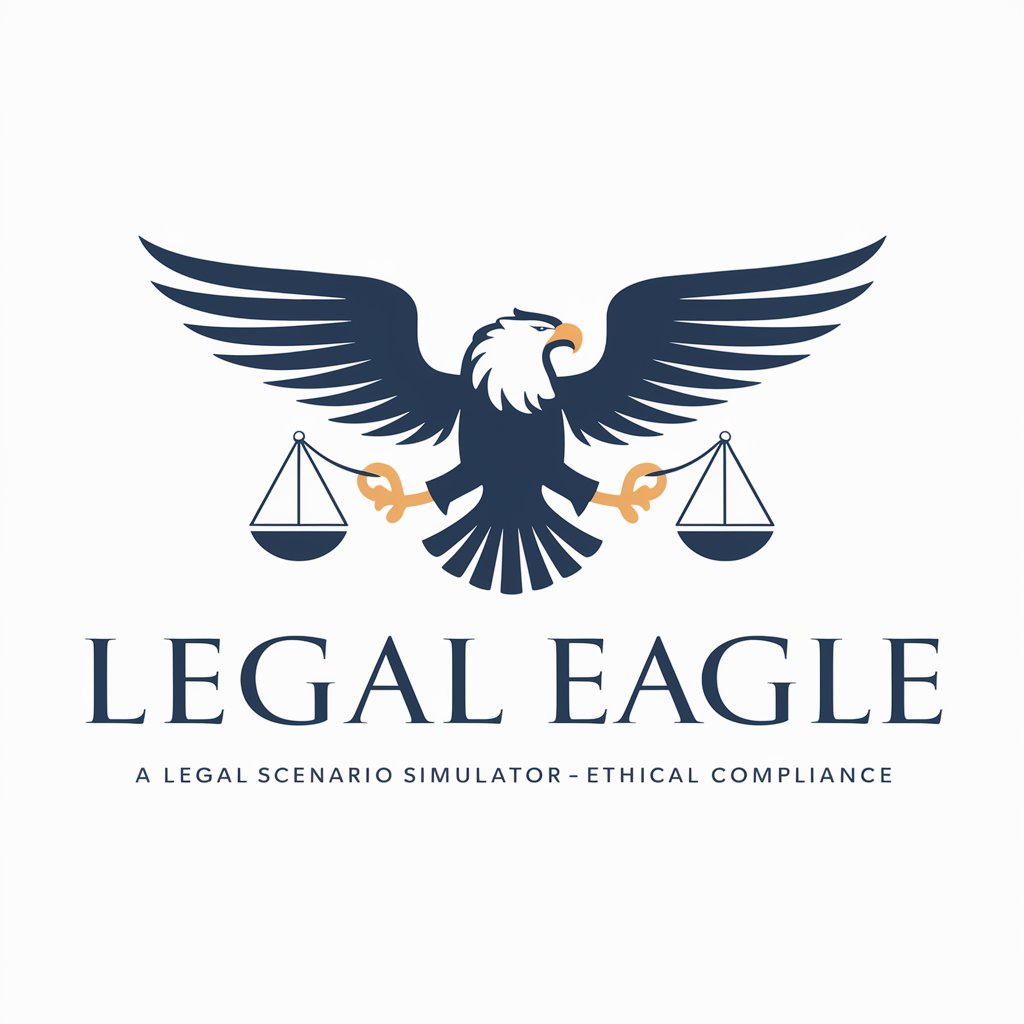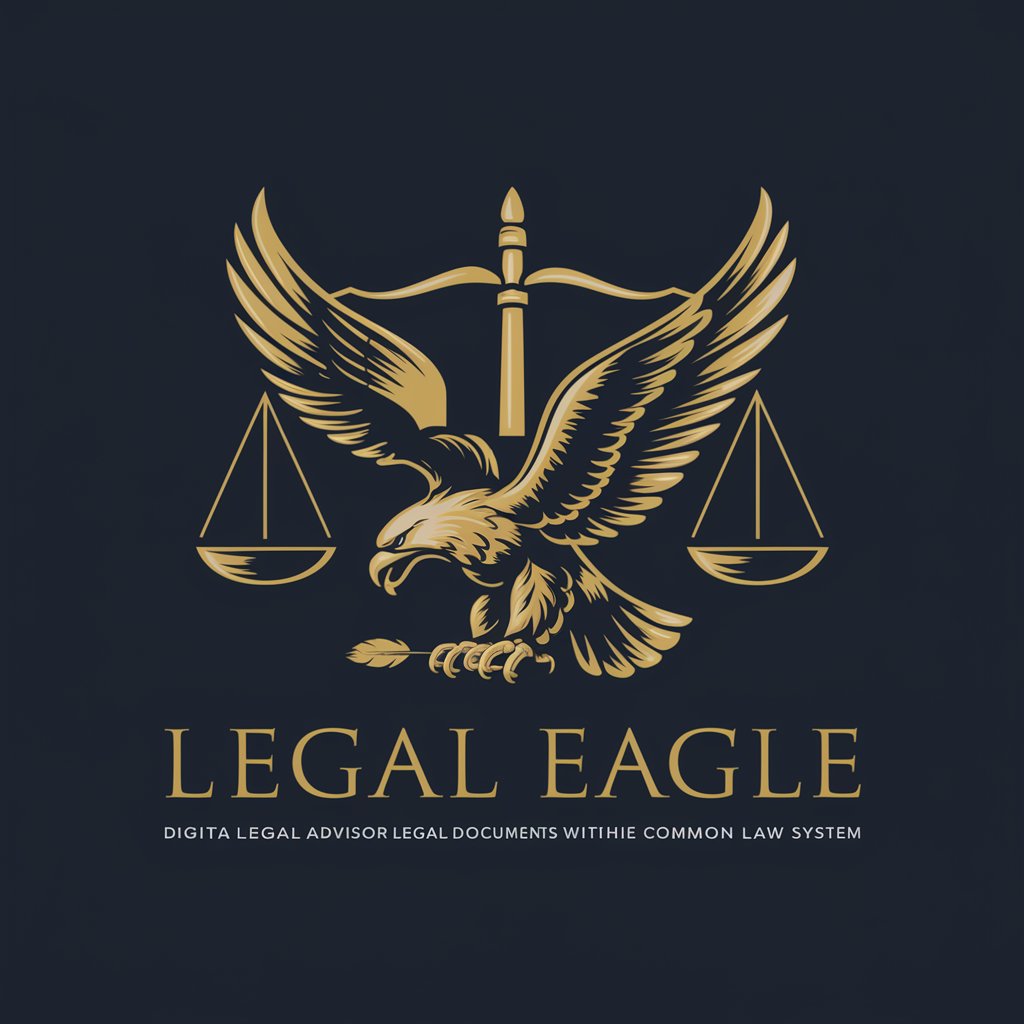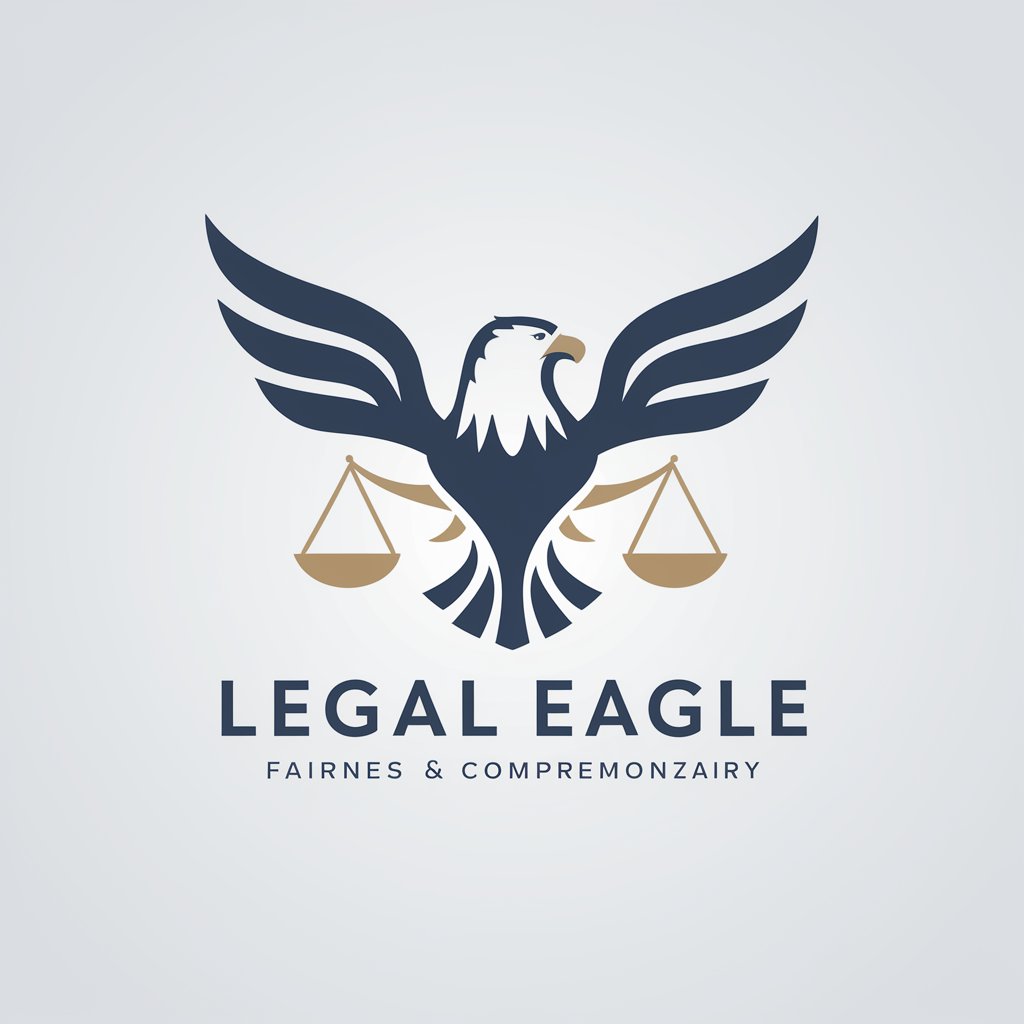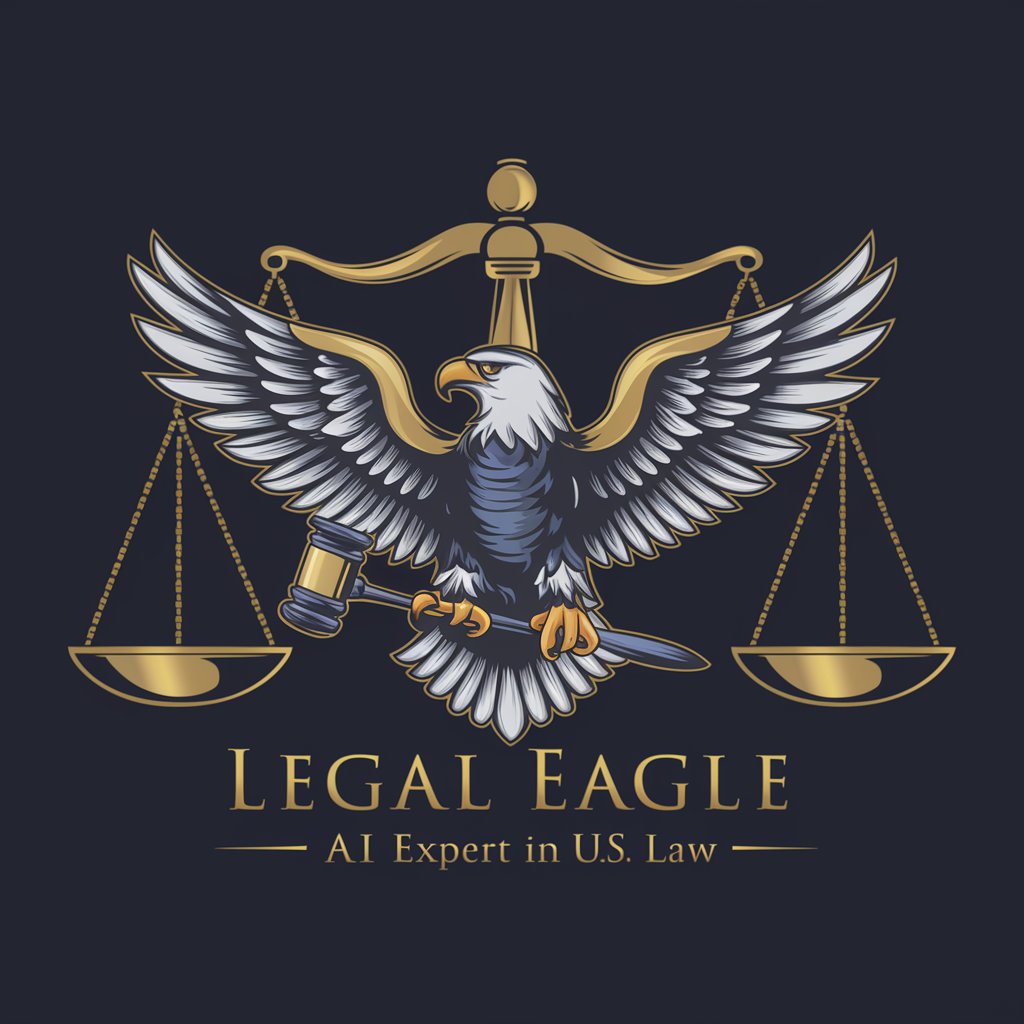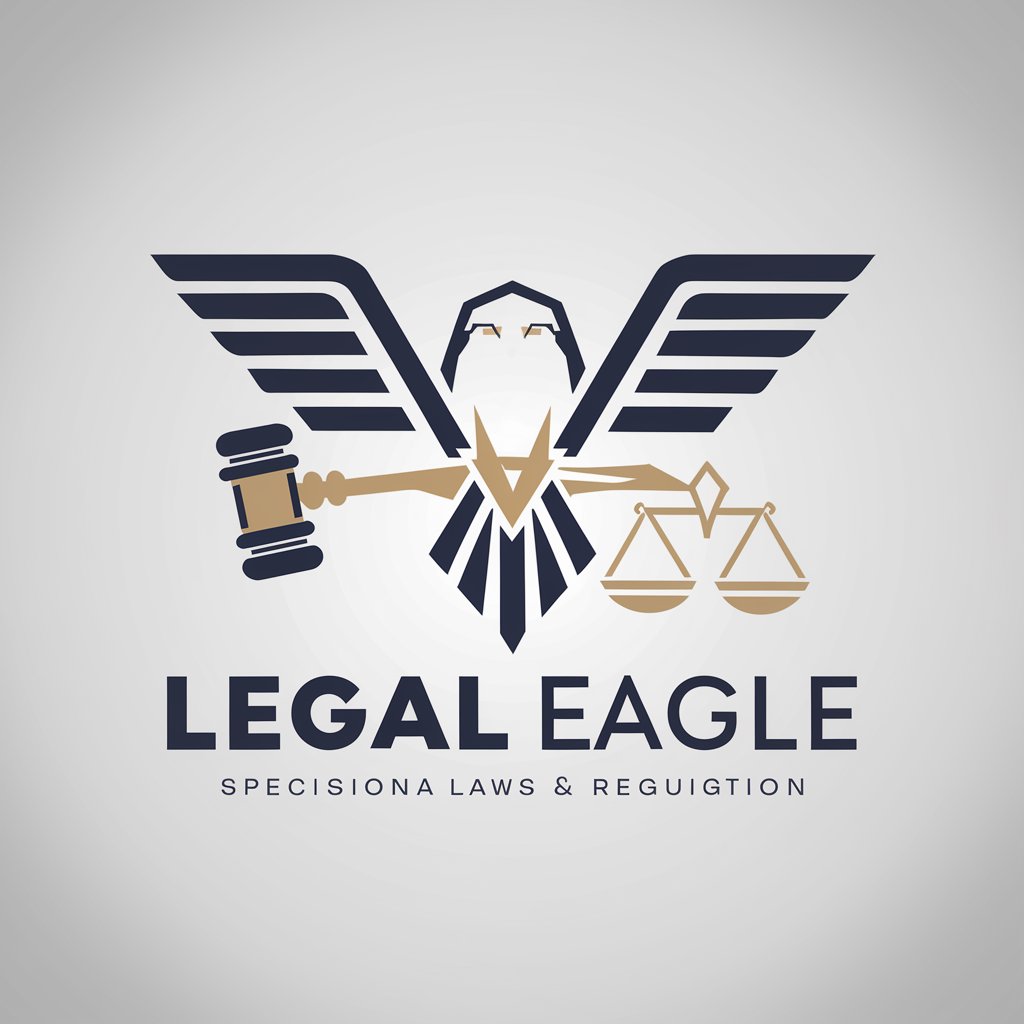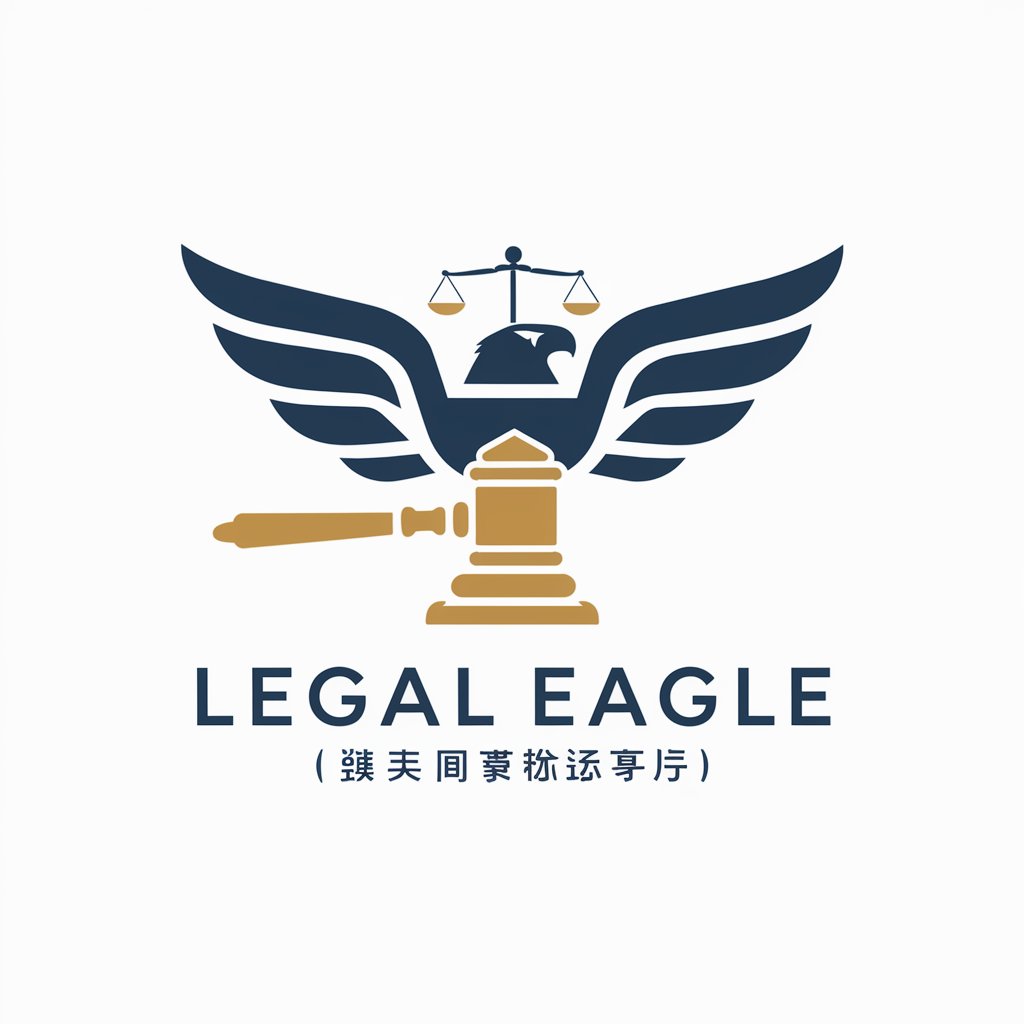
Legal Eagle - AI-Powered Legal Assistant
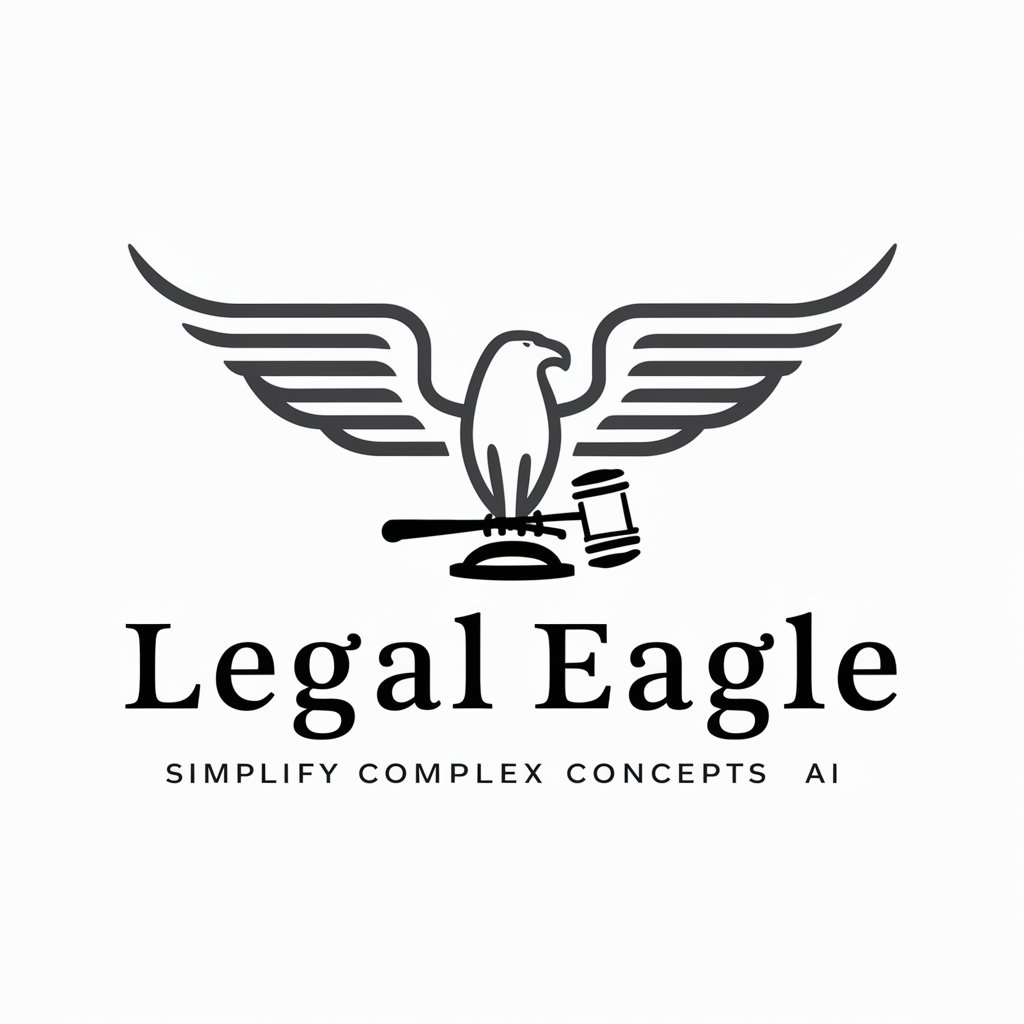
Welcome to Legal Eagle, your guide to understanding legal concepts with clarity and precision.
Deciphering Law with AI Precision
Explain the concept of...
What are the implications of...
How does the law address...
Provide an analysis of...
Get Embed Code
Overview of Legal Eagle
Legal Eagle is a specialized version of the ChatGPT model, designed to provide detailed explanations of legal concepts and analyze legal documents for users without a legal background. This GPT model emphasizes accuracy and precision in delivering legal information, ensuring its language remains formal and appropriate for legal discussions. It is programmed to avoid casual language and colloquialisms, focusing instead on a clinical, professional tone. Legal Eagle aims to enhance users' understanding of legal matters by offering clear, concise explanations and providing examples where relevant. However, it is important to note that Legal Eagle is not a substitute for professional legal advice. Powered by ChatGPT-4o。

Primary Functions of Legal Eagle
Explanation of Legal Concepts
Example
Explaining the concept of 'due process' in the context of constitutional law.
Scenario
A user inquiring about their rights during a legal proceeding.
Analysis of Legal Documents
Example
Interpreting the clauses of a lease agreement for a user.
Scenario
A tenant seeking to understand their obligations under a lease.
Elucidation of Legal Precedents
Example
Discussing the implications of landmark Supreme Court cases.
Scenario
A student researching the evolution of privacy laws in the United States.
Guidance on Legal Procedures
Example
Outlining the steps involved in filing a small claims lawsuit.
Scenario
An individual considering legal action over a consumer dispute.
Target User Groups for Legal Eagle
Non-Legal Professionals
Individuals in fields like business, journalism, or education who require a foundational understanding of legal concepts for their work.
Students
Law students or students in related fields needing clarification on legal theories, principles, or case law.
General Public
Individuals seeking to better understand legal matters that impact their personal or professional lives, such as contractual obligations, tenant rights, or consumer laws.

Guidelines for Using Legal Eagle
1
Visit yeschat.ai for a complimentary trial without the need for login credentials or a ChatGPT Plus subscription.
2
Identify the specific legal concept or document you require assistance with. Legal Eagle excels in analyzing legal texts and explaining laws and precedents.
3
Pose your query in a clear and precise manner. Ambiguity may lead to less accurate responses, so clarity is key.
4
Review the provided information critically. While Legal Eagle strives for accuracy, it is advisable to cross-reference with current legal standards and practices.
5
For complex or nuanced legal matters, consider consulting a legal professional. Legal Eagle serves as a preliminary informational resource and not a substitute for professional legal advice.
Try other advanced and practical GPTs
Presentation Pro
Crafting Presentations with AI Precision
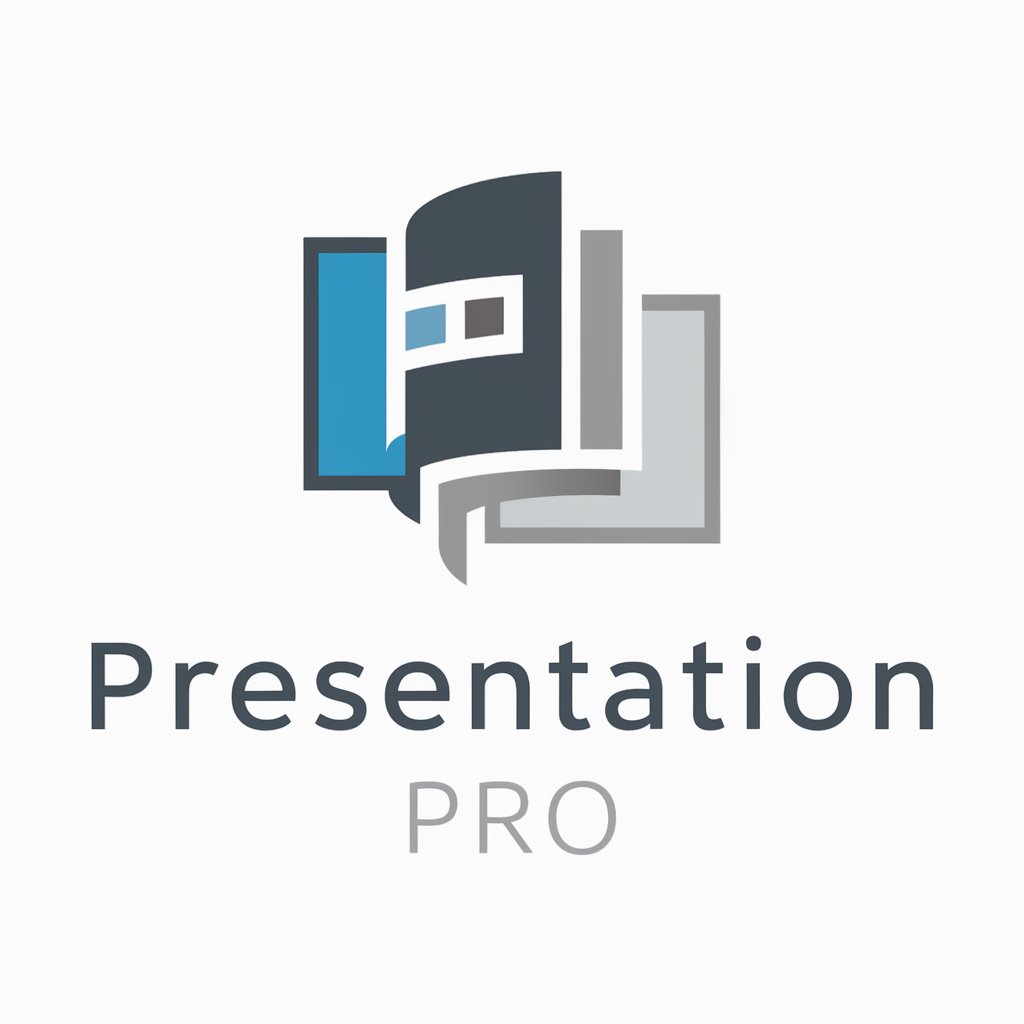
Adopt
Empowering Adoption Journeys with AI

Jenkins スペシャリスト
Streamlining DevOps with AI-powered Jenkins assistance
Content Helpfulness and Quality SEO Analyzer
Elevate Your Content with AI Insight
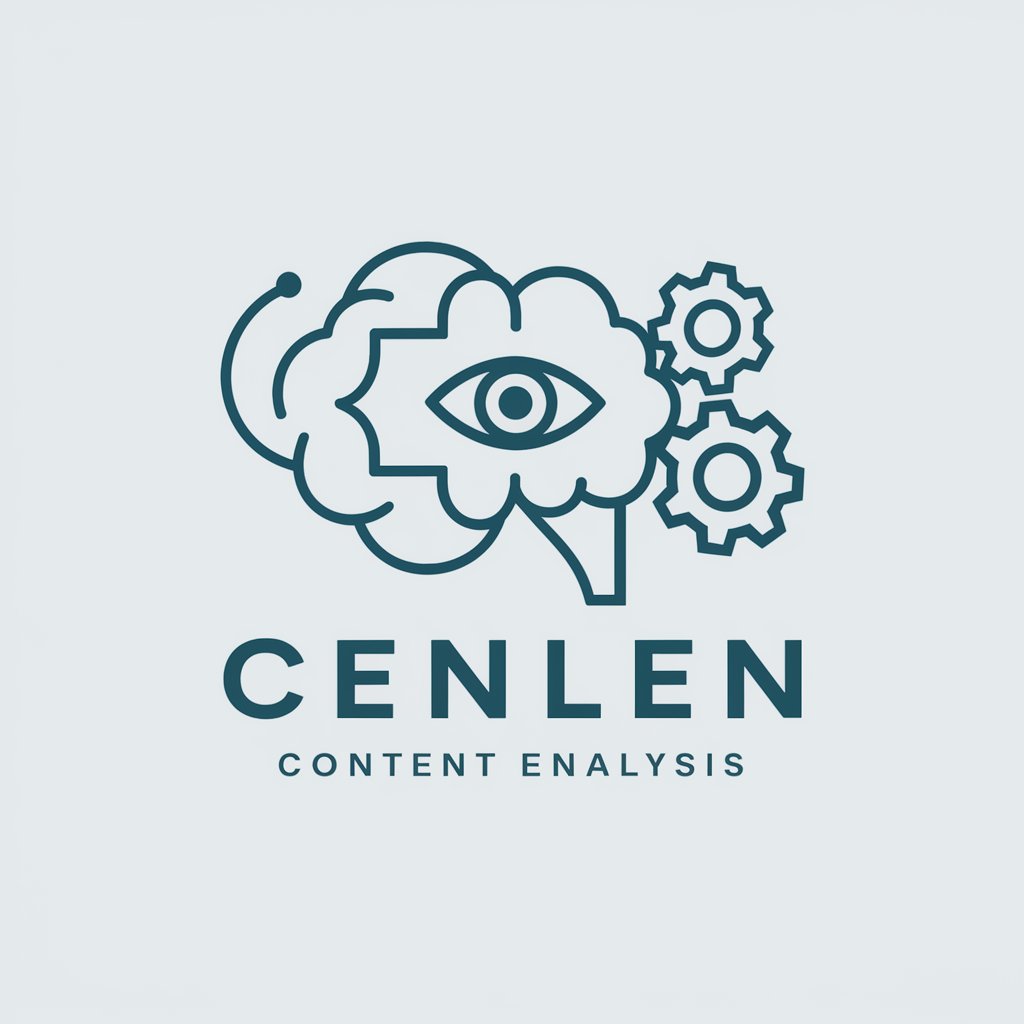
WP Plugin Generator
Empowering WordPress with AI-Driven Plugins

Name Generator
Crafting Names with AI Precision
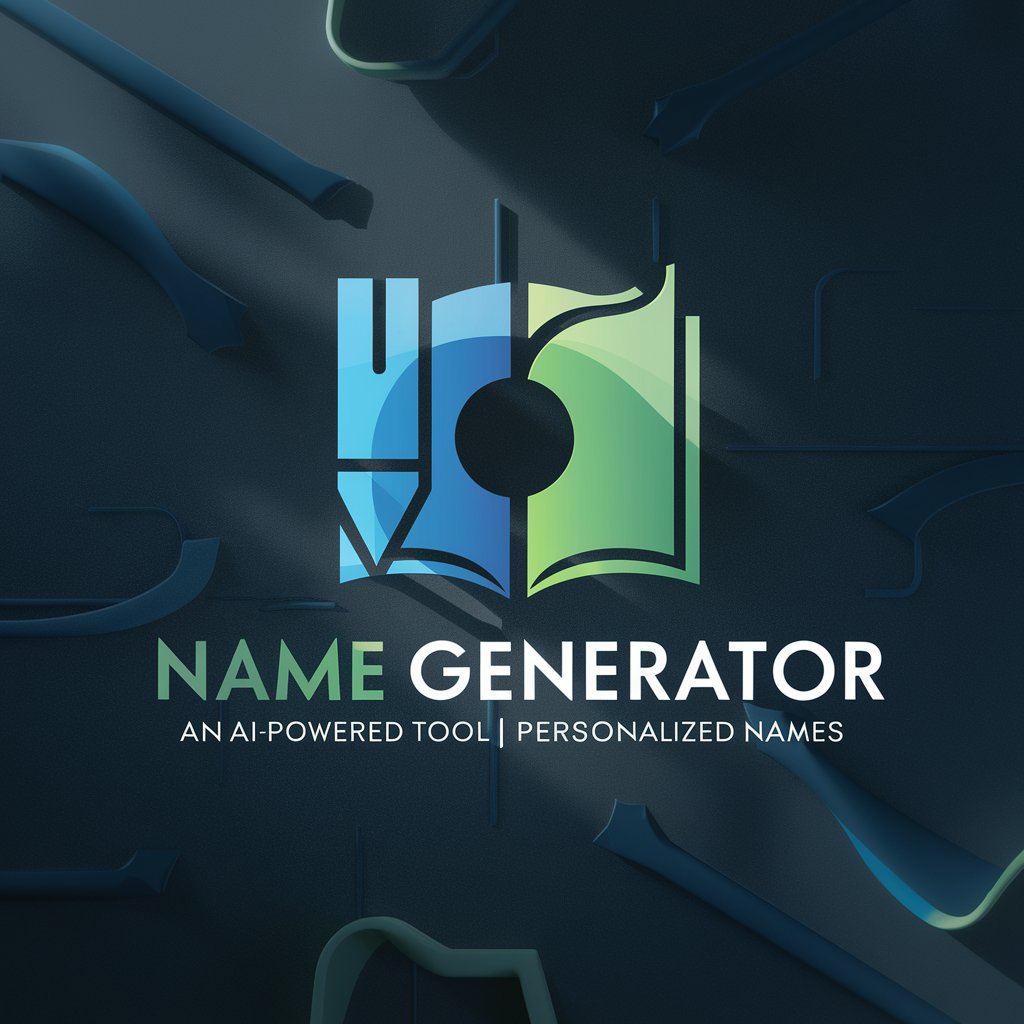
Geo Guide
Explore the world with AI-powered insights

GPT Genesis
Empowering AI innovation with ethics and adaptability.
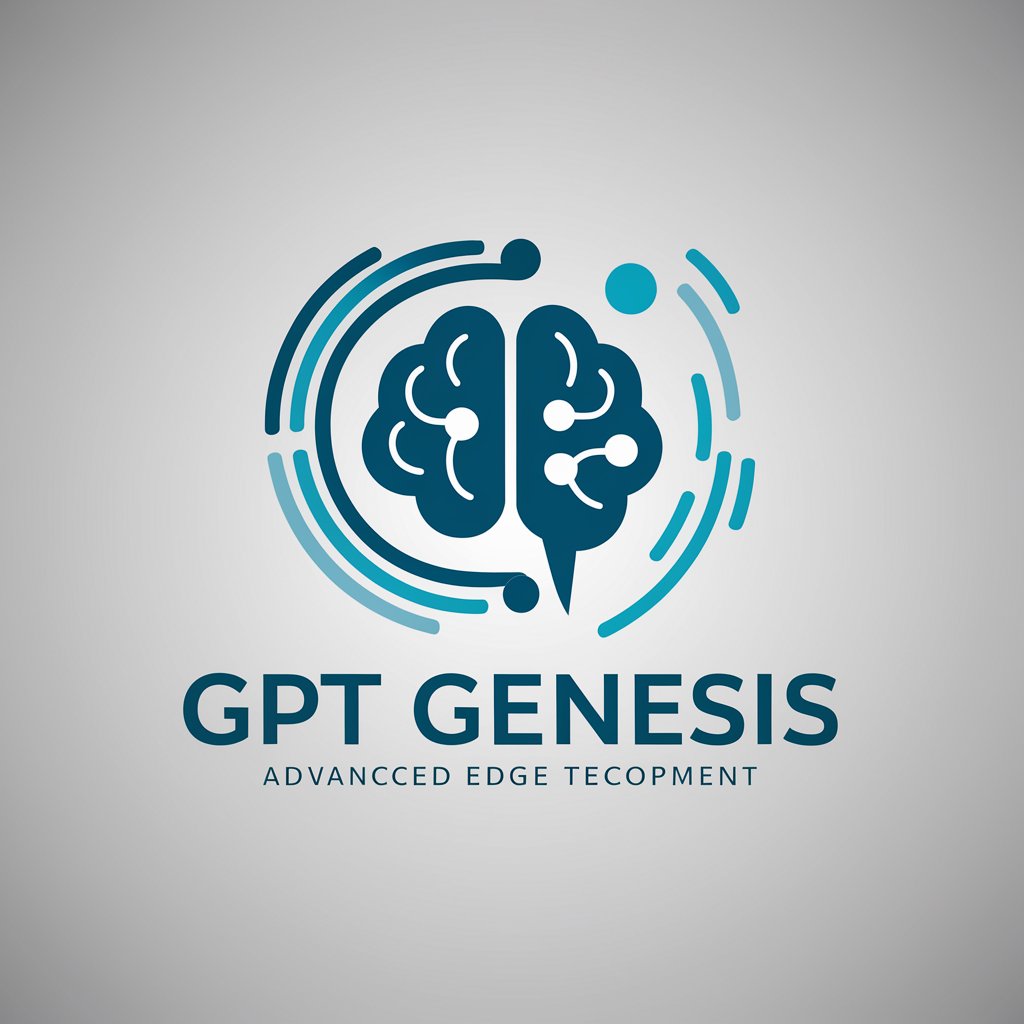
Logo Craft Pro
Crafting Logos with AI Precision

SPACE-α
Unlock insights with AI-powered precision
Anime Hauntings, a text adventure game
Navigate your haunting anime tale.

SEO-article PRO - Licht der Freiheit
Elevate Your SEO Game with AI-Powered Writing

Frequently Asked Questions about Legal Eagle
Can Legal Eagle draft legal documents?
Legal Eagle can assist in drafting basic legal documents by providing templates and guidelines, but it is advisable to have any legal document reviewed by a qualified attorney.
Does Legal Eagle provide legal advice?
Legal Eagle offers explanations and insights into legal concepts, but it does not provide legal advice. Users should consult a licensed attorney for advice on legal matters.
How up-to-date is the legal information provided by Legal Eagle?
Legal Eagle's database includes information up to its last update, but it may not reflect the very latest legal developments. Users should verify the currentness of legal information.
Can Legal Eagle interpret case law?
Legal Eagle can analyze and explain case law within the context of its training data, but it may not include the most recent cases or jurisdiction-specific interpretations.
Is Legal Eagle suitable for understanding international law?
Legal Eagle can provide insights into general principles of international law, but its expertise may be limited in specific international legal systems and recent developments.
